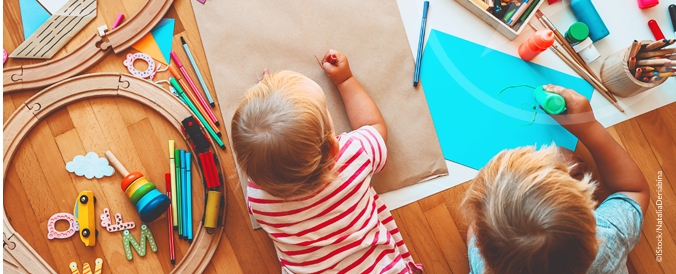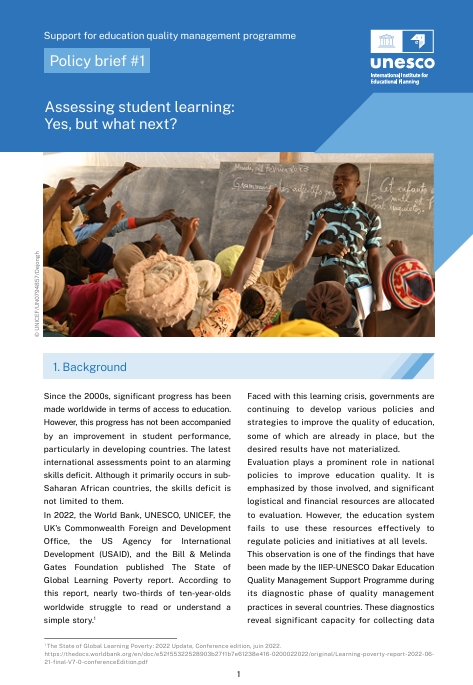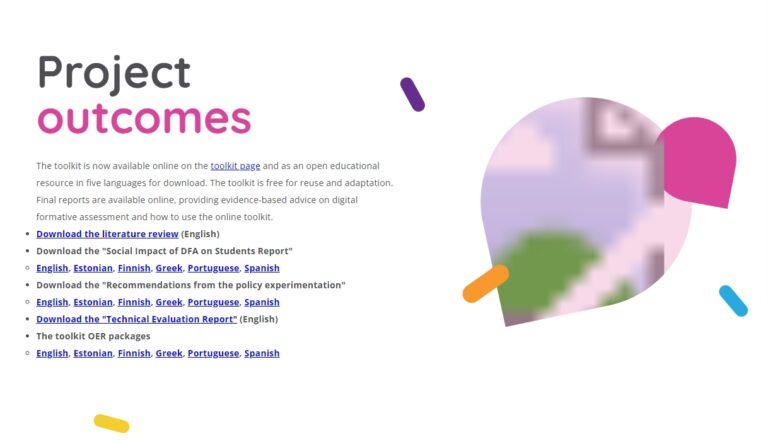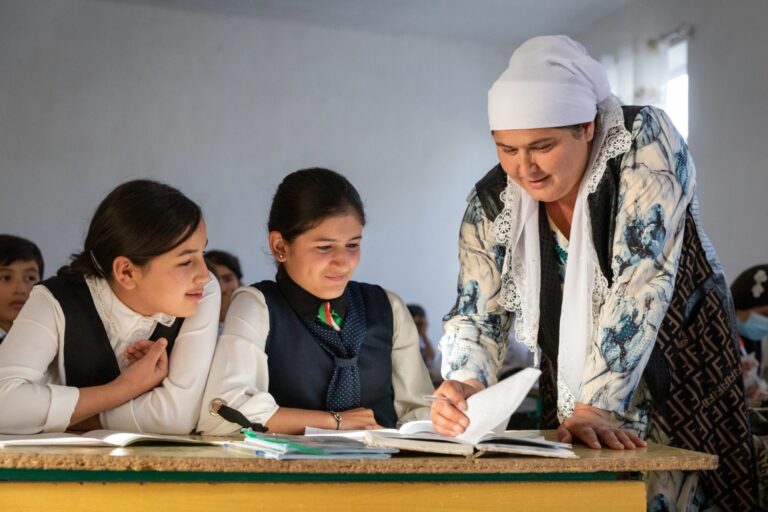Summary
Using IEA's TIMSS (Trends in International Mathematics and Science Study) 2019 data, this brief examines gender differences in parental involvement with their child's education measured through participation in early home learning activities. We find that engaging children in home learning activities before entering primary school is associated with increased students' fourth-grade mathematics and science achievement, with a significantly larger positive relationship for boys than girls for numeracy activities. Parents engage girls significantly more than boys in early learning activities such as singing songs, drawing shapes, writing letters and words, saying counting rhymes or singing counting songs, and writing numbers, and only one activity listed on the TIMSS questionnaire where parents engage boys significantly more which is playing with building blocks and construction toys. The brief concludes with a discussion of the potential policy implications.
Introduction
STEM (science, technology, engineering, and mathematics) fields are essential for innovation and to address global challenges. Despite a global skills shortage, women remain underrepresented in STEM and only accounted for 28% of engineering graduates and 40% of computer science and informatics graduates in 2018 (UNESCO, 2021). This is despite girls outperforming boys in science in secondary school in many countries (Mullis et al., 2020). While boys tend to do better in mathematics at early grades, on average, they lose their advantage later in school (UNESCO, 2022). However, boys are more confident in mathematics than girls (Hencke et al., 2022).
Parents are essential to their child's early learning experiences. Parental engagement in early home learning activities—such as reading together or playing with counting toys—is important in developing literacy and numeracy skills (Meinck et al., 2018). Students entering primary school with these skills are often better prepared for learning. Research has demonstrated that engaging students in learning activities before primary school is positively associated with later student achievement (Mullis et al., 2017). Engaging parents in the mathematics education of young children aged three to eight has been found to positively affect learning (Van Voorhis et al., 2013). Such activities also have the potential to generate children's interest in learning (Balala et al., 2021). Parental involvement and continued engagement in their child's early learning experiences can have long-lasting impacts on the child's educational experiences.
Parents' beliefs about girls' and boys' stereotypical behaviors may influence the types of learning activities they participate in with their child. Past research shows that parents often hold the belief that boys are better than girls in mathematics and science, which affects children more than their real achievement (Muntoni and Retelsdorf, 2019; Starr et al., 2021). This belief could lead to parents engaging less in certain early home learning activities with their children.
Girls' attitudes related to science and mathematics are strongly influenced by their close family environment. Starting from early childhood, many girls receive subtle messages from parents that science and mathematics are not for them (UNESCO, 2017). Differential treatment of girls and boys can entrench negative stereotypes about gender and ability in science and mathematics, deterring girls from developing their interest in these subjects and pursuing a career in STEM (Wang and Degol, 2013).
Using IEA's TIMSS 2019 data, we address three major questions:






